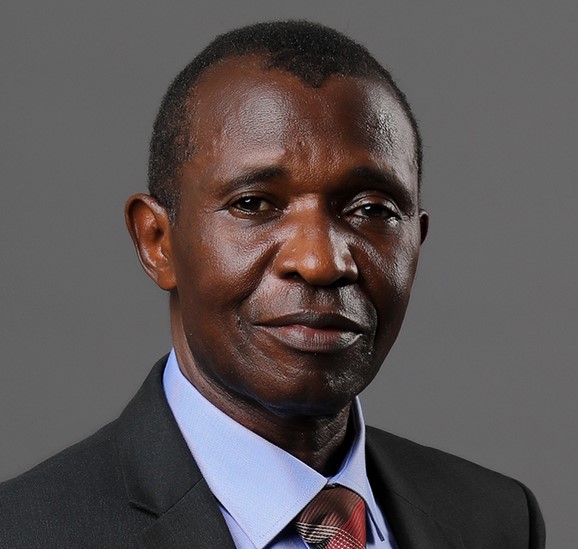Warri’s Decline: Ethnic Rivalry, Poor Leadership, and Economic Collapse Threaten City’s Future

By Michael Owhoko, Ph.D
Warri, once a vibrant cosmopolitan hub in Delta State known for its booming economy and cultural diversity, is now battling economic decay, infrastructural collapse, and deep-seated ethnic divisions.
A recent on-the-ground assessment by public policy analyst and journalist, Dr. Michael Owhoko, paints a grim picture of a city “rusty and reeking with the aroma of poverty,” its former glory overshadowed by unemployment, investor flight, and urban decay.
Touring major streets including Deco Road, Okumagba Avenue, Iyara, and the Warri Port area, Owhoko observed an economy reduced to petty trading, with shop fronts converted to kiosks, tricycle congestion choking the roads, and even the city’s only cemetery entrance blocked by informal markets.
Leadership Decisions and Missed Opportunities
According to Owhoko, Warri’s decline is rooted partly in the decision by Itsekiri leaders, led by the late Olu of Warri, Atuwatse II, to oppose the city’s selection as Delta State’s capital in 1991. This stance, he argued, set the city back decades, paving the way for then-military president Ibrahim Babangida to site the capital in Asaba.
“Sacrificing the city’s progress on the altar of narrow ethnic interest was a tragedy,” Owhoko wrote, noting that unity among the Itsekiri, Urhobo, and Ijaw ethnic groups could have secured Warri’s position as a political and economic powerhouse.
Ethnic Rivalries and Their Economic Toll
The ongoing dispute over the ownership of Warri township among the three dominant ethnic groups has deepened mistrust and discouraged investment. The violent Ijaw-Itsekiri conflict between 1997 and 1999 over local government headquarters left both sides with “losses, no benefit,” and drove away major oil and service companies such as Shell, Halliburton, Schlumberger, and Dunlop.
These exits pushed Warri’s unemployment rate to nearly 80%, with Chevron Nigeria Limited and Tantita Security Services Limited among the few major firms still injecting funds into the local economy.
Other Factors Fueling the Crisis
Owhoko also identified extortion through “development fees,” the non-operational Warri Port, and the collapse of Delta Steel Company and the Warri Refinery as key contributors to the city’s economic collapse.
Call for Unity and Cultural Revival
He urged ethnic leaders to abandon rivalry and focus on peace-building, cultural promotion, and tourism as tools for economic revival. Festivals like the Agbassa Juju and Okere Juju, he noted, could attract visitors and revenue if strategically developed.
“Warri can only rise again if its people unite, restore investor confidence, and harness their shared cultural heritage,” Owhoko concluded.

